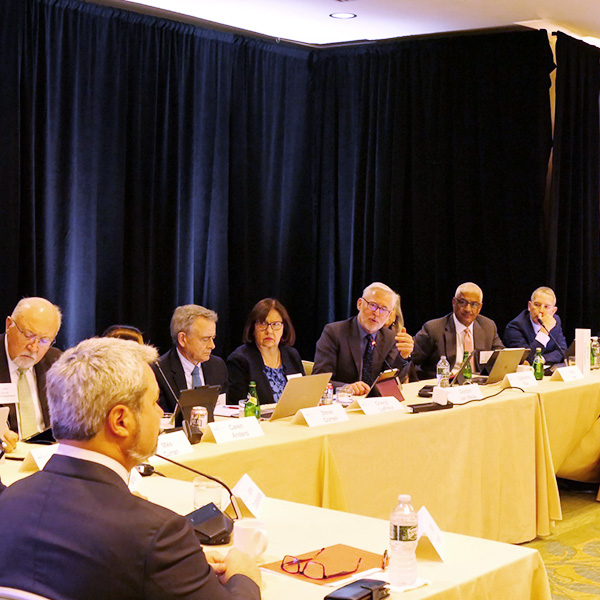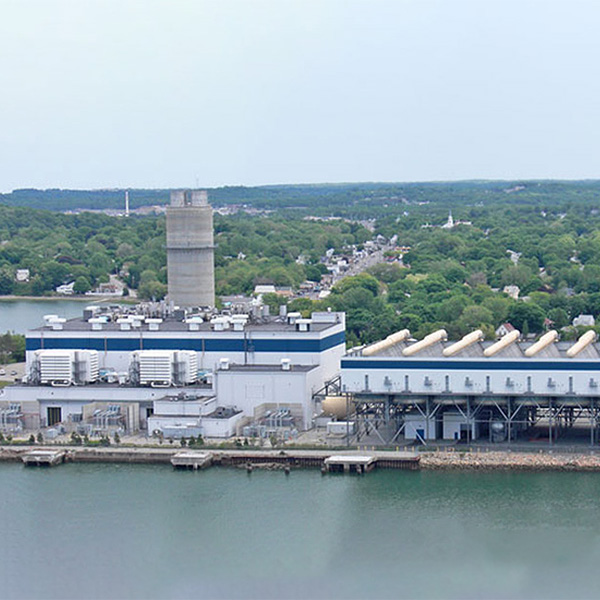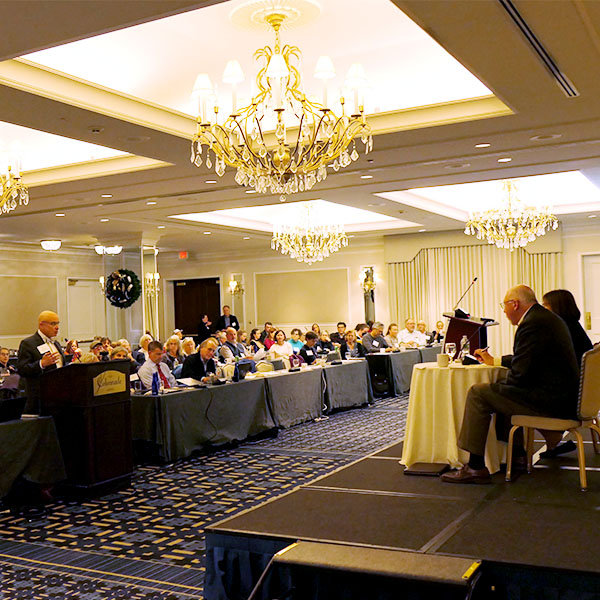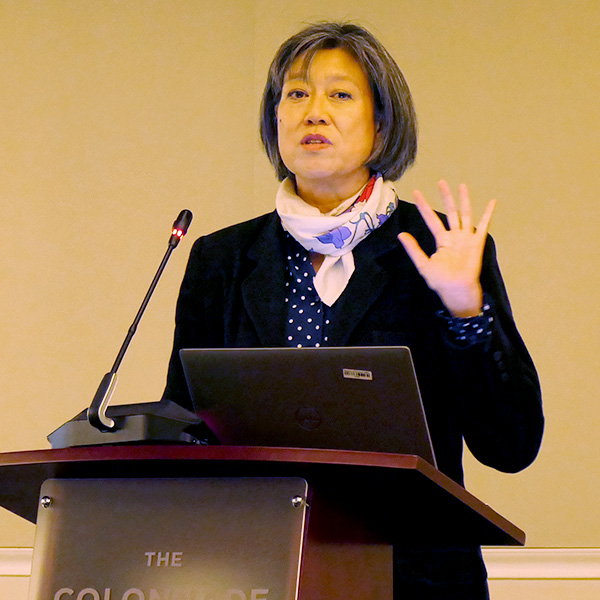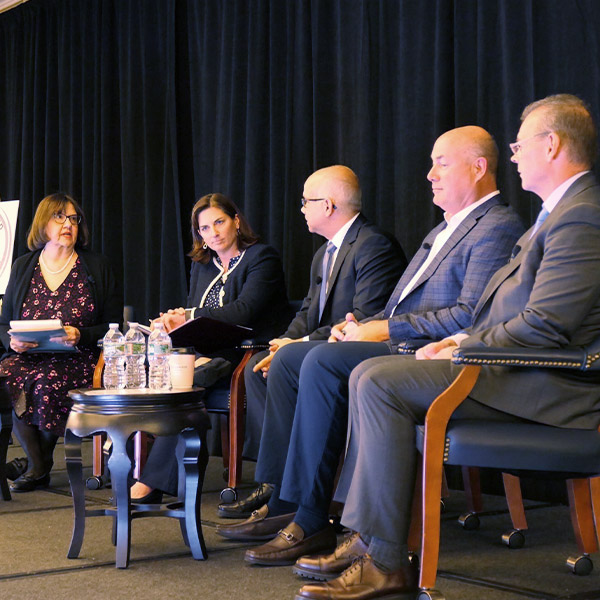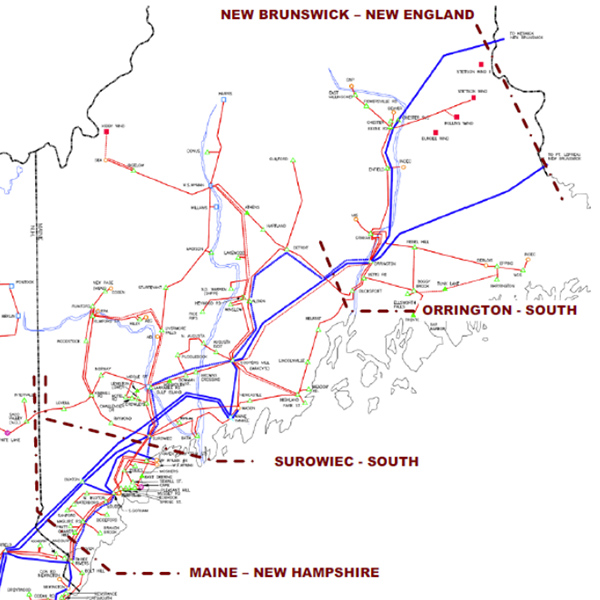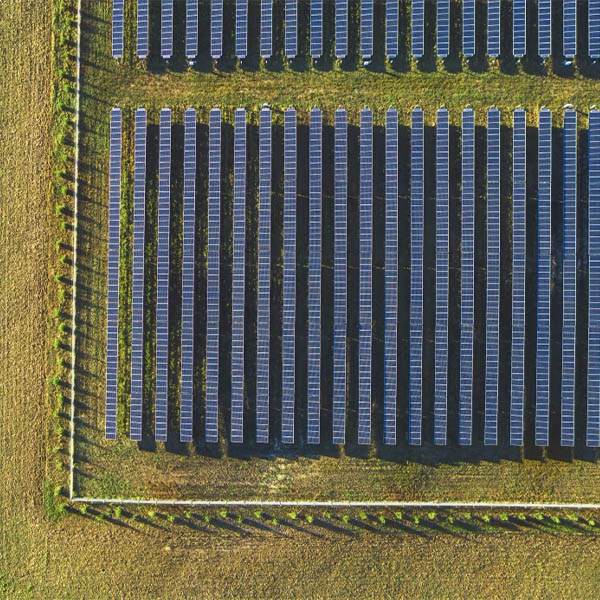ISO-NE
ISO-NE Consumer Liaison GroupISO-NE Planning Advisory CommitteeNEPOOL Markets CommitteeNEPOOL Participants CommitteeNEPOOL Reliability CommitteeNEPOOL Transmission Committee
ISO New England Inc. is a regional transmission organization that oversees the operation of the electricity transmission system, coordinates wholesale electricity markets, and manages power system planning for the states of Connecticut, Rhode Island, Massachusetts, Vermont, New Hampshire, and most of Maine.
ISO-NE’s total energy market value reached about $1 billion in December — more than double the total value of the market in December 2024 — due to lower temperatures and increased natural gas prices.
A new study from the Northeast Power Coordinating Council outlines some of the major risks that reliance on natural gas generation poses for the New England power system.
ISO-NE’s multiyear effort to overhaul its forward capacity market likely will continue to dominate ISO-NE and NEPOOL work in 2025.
Backed by a new process conducted by the New England states, ISO-NE is moving forward with a request for proposals to build new transmission that would bring wind to market from Northern Maine.
ISO-NE continued work with stakeholders on its capacity auction reform project at the NEPOOL Markets Committee meeting, previewing 2025 discussions on the transition to a prompt capacity auction.
At ISO-NE's quarterly Consumer Liaison Group meeting, climate activists asked board members to make all board meetings open to the public and advocated for more transparency into NEPOOL proceedings.
FERC Commissioner Judy Chang emphasized the importance of demand response, long-term transmission planning and gas-electric coordination in her address to the NEPOOL Participants Committee meeting.
Massachusetts Gov. Maura Healey emphasized the importance of collaboration among Northeastern states, provincial governments, energy companies, and labor groups at the New England Energy Summit.
Stakeholders expressed widespread support for the goals of NESCOE’s proposed procurement of transmission solutions in Maine and New Hampshire, while offering differing views on the scope and format of the solicitation.
A new policy paper from the Acadia Center emphasizes the importance of community engagement to enabling wide-scale deployment of clean energy infrastructure over the next two decades.
Want more? Advanced Search


